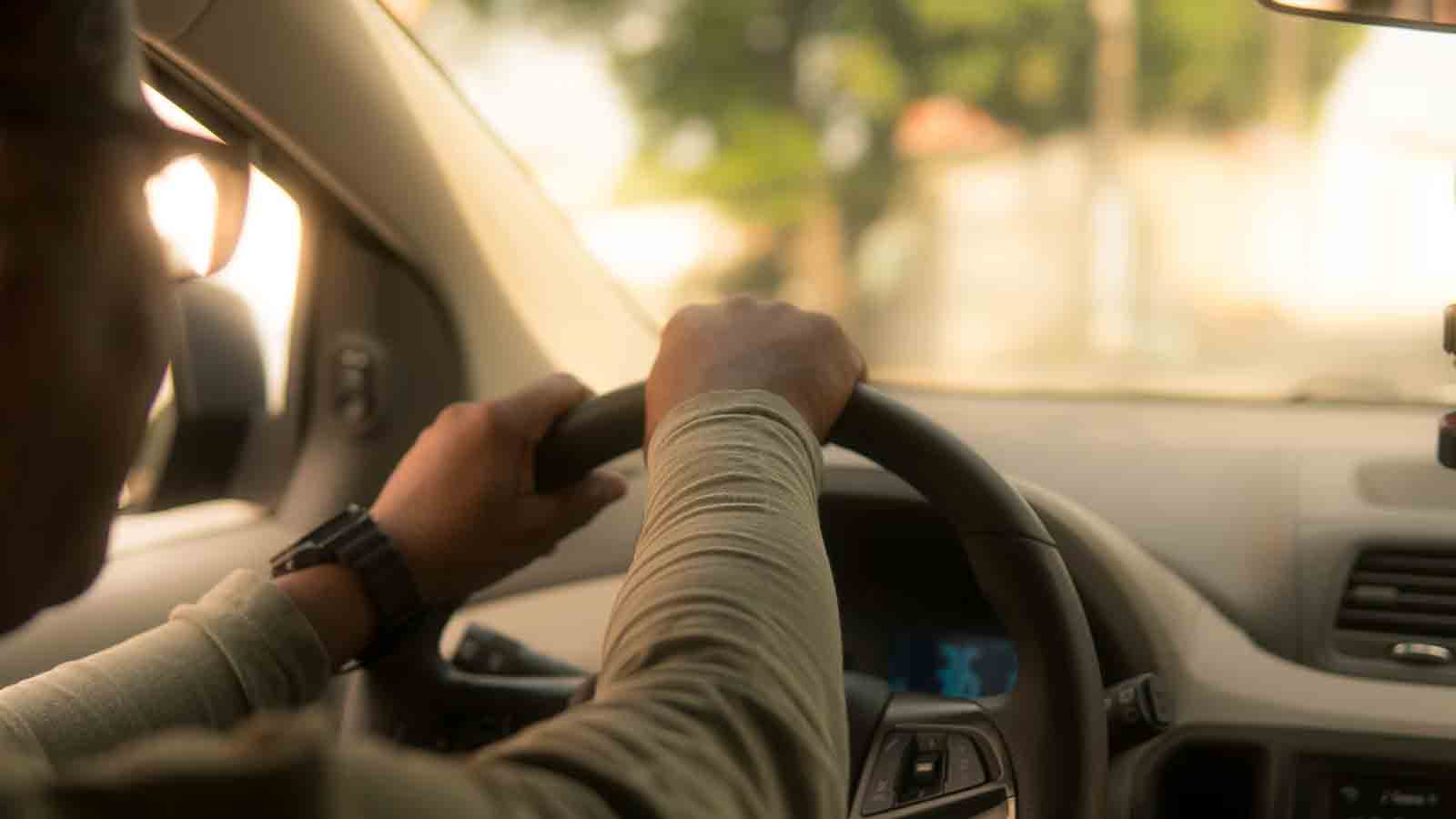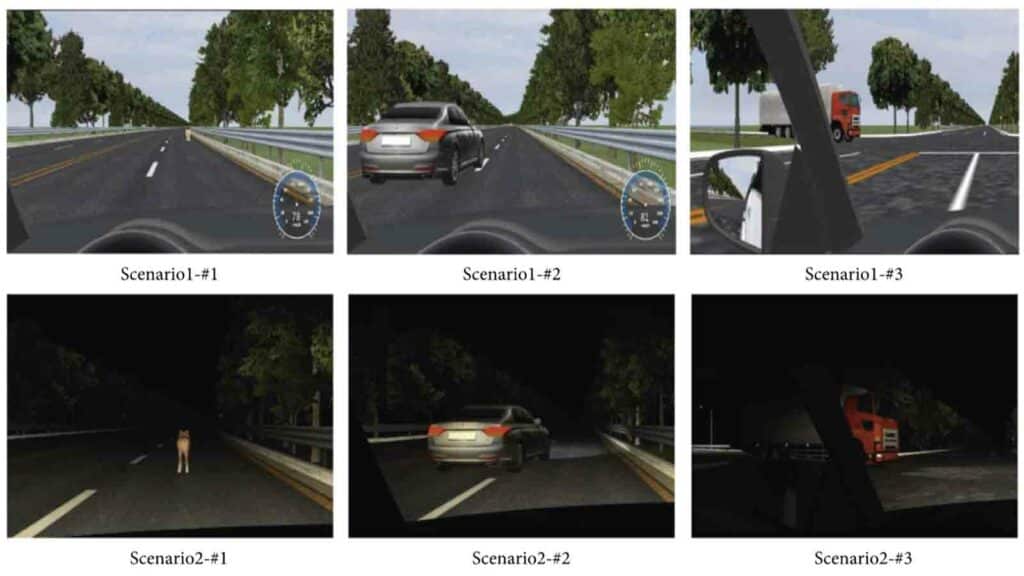News
South Korea will use VR to decide whether elders qualify for a driver’s license – could the US be next?
The country’s studies say people over 65 are nearly twice as likely to crash a vehicle.

Just a heads up, if you buy something through our links, we may get a small share of the sale. It’s one of the ways we keep the lights on here. Click here for more.
South Korea is on course to develop a new conditional driver’s license for its elderly drivers. The country plans to implement these conditional licenses by 2025 and it has an interesting plan that will use VR to determine which elders get to keep their licenses.
According to a new report from Yonhap News, the Korean National Police Agency (KNPA) has set in motion a three-year research and development plan for these new licenses. The plan’s R&D will get started early next year with a budget of around 3.6 billion won (a little over $3 million), with hopes of implementing the conditional licenses by 2025.
The reason for the introduction of these new conditional licenses comes from concerns from the KNPA over the number of accidents caused by elderly drivers in Korea. KNPA statistics state that accidents caused by drivers over 65 years of age are nearly double that of accidents by drivers in their 30s.
Numbers in the United States tell a little different story. A research brief from the AAA Foundation for Traffic Safety from a few years ago shows that drivers from 60-69 years of age are actually the safest in terms of crashes. It’s not until about the 80+-year-old range that accidents begin to become more prevalent.

Of course, the details of how this new VR system will work for determining who gets to keep their license have not yet been revealed. However, TheNextWeb did uncover a study from independent scientists from the University of Seoul’s transportation engineering department.
That study used VR technology to simulate certain driving conditions and incidents and test the driving performance of elderly individuals. The study included three different scenarios in both daytime and nighttime driving conditions.
Researchers concluded that “many participants with lower visual acuity levels drove with greater variations in speed, failed to brake appropriately when confronted with sudden incidents, and failed to avoid crashes.”
While there’s no way of knowing what the Korean government has planned for its own VR driver’s license evaluations, it sounds like it could be something like what the researchers used in the study above.
Although the numbers in the United States are a little different, it could be beneficial to have a similar system here to make sure that our elderly are safe behind the wheel of a car.
Have any thoughts on this? Let us know down below in the comments or carry the discussion over to our Twitter or Facebook.
Editors’ Recommendations:
- The FDA has approved a VR system for chronic pain treatment
- Apple’s AR headset could launch by 2022 and be a stand-alone product
- Magic Leap is coming out with another AR headset that you probably don’t care about
- This AR headset turns any source into a 100-inch screen
































